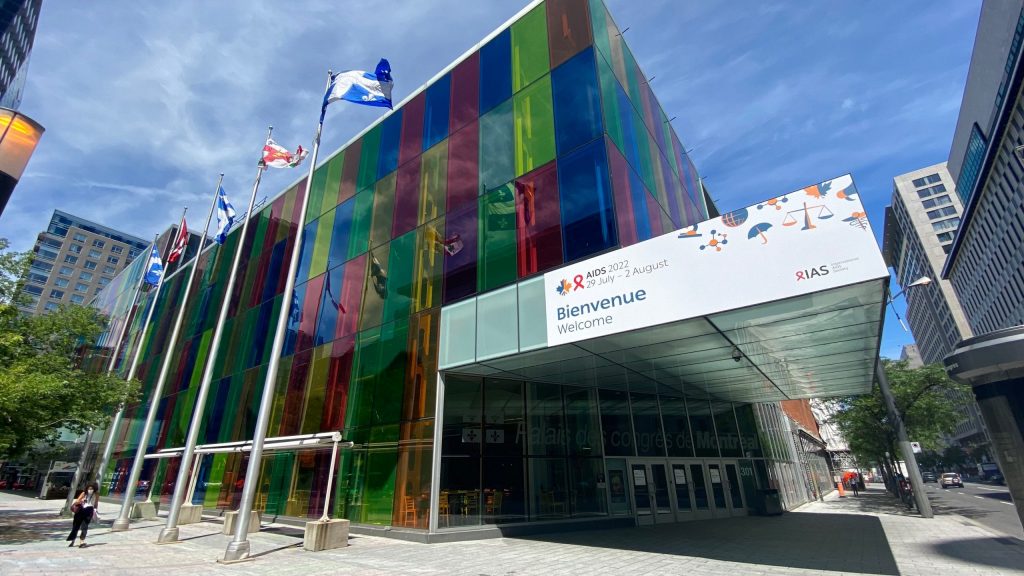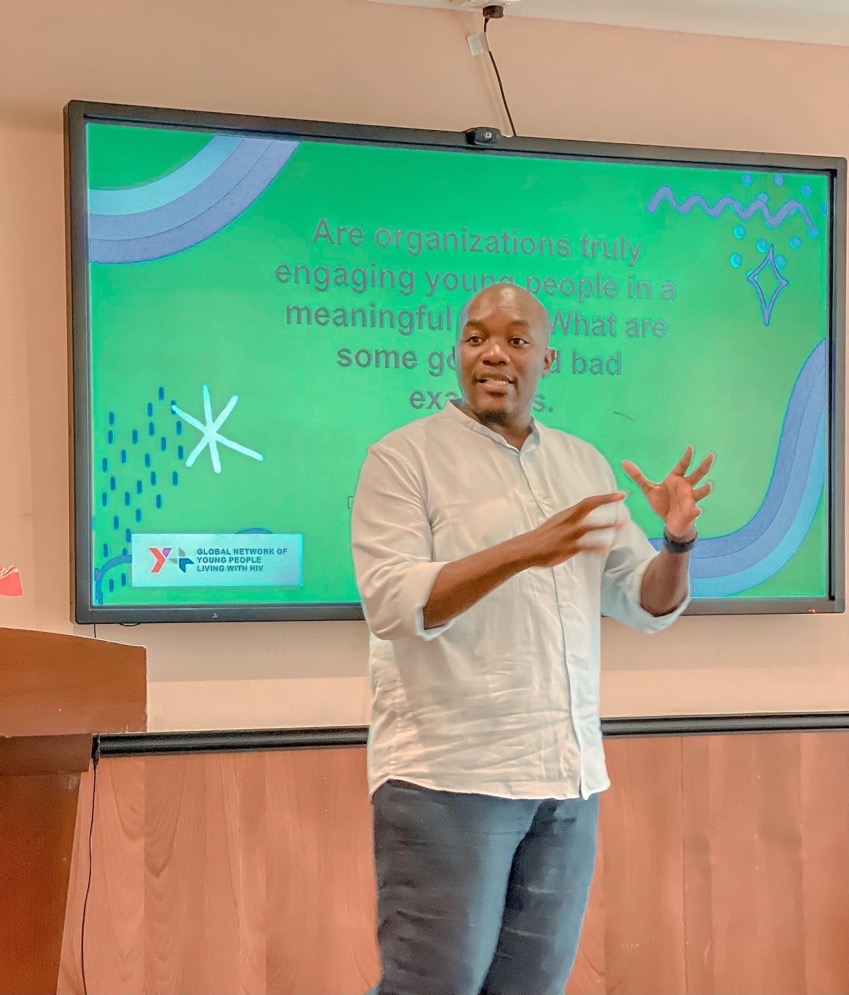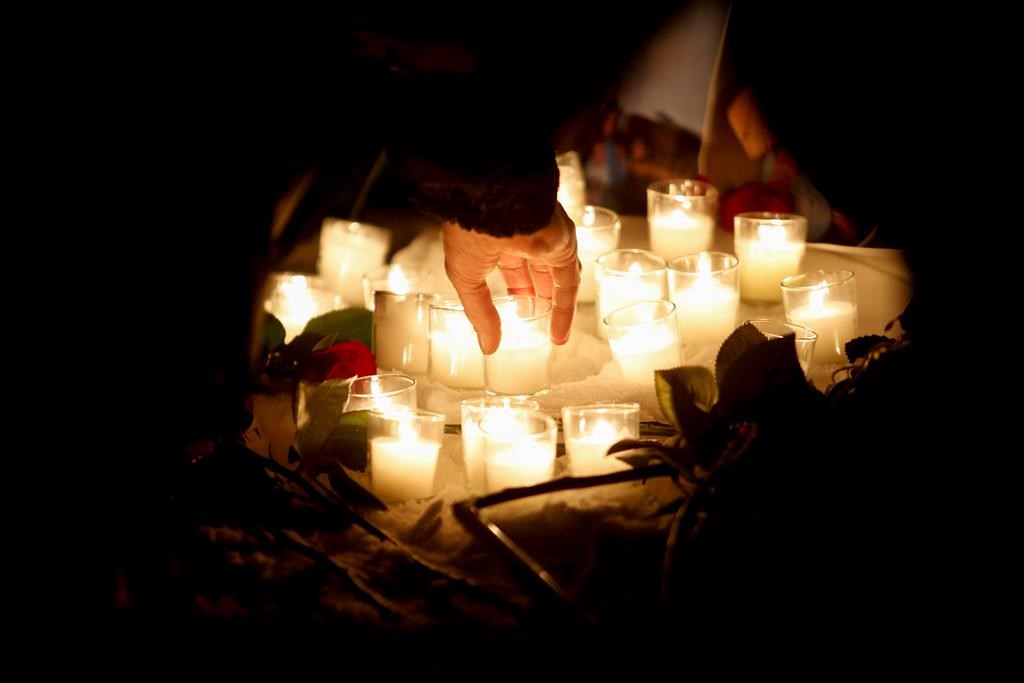‘Bittersweet moment’: Visa issues put damper on AIDS Conference beginning this week in Montreal

Posted July 27, 2022 2:04 pm.
Last Updated July 27, 2022 5:38 pm.
The international AIDS conference that has been affected by visa issues for the past month is set to begin this week in Montreal, but many delegates and attendees from across the world still haven’t been able to make the trip.
Two days before the 24th International AIDS Conference – AIDS 2022 – is set to begin, many are facing the harsh reality they will not be able to attend.
BACKGROUND: International delegates waiting for visas to attend AIDS conference in Montreal
“It’s a bittersweet moment for myself,” said Tinashe Rufurwadzo, a member of Y+ Global, an international organization that promotes the voices of youth living with HIV.
Rufurwadzo has not heard back from Immigration, Refugees and Citizenship Canada (IRCC) regarding his visa.
CityNews spoke to Rufurwadzo earlier this month when 250 organizations from around the world sent a joint letter to Immigration Minister Sean Fraser calling on him to take action and help those struggling to get visas.
Since then, IRCC announced it would be prioritizing the processing of visa applications for delegates attending the conference.
“While IRCC is able to expedite visa processing, the department cannot provide special treatment and waive the visa requirements for event participants and officials,” the IRCC said in a statement.
The conference is scheduled to take place from July 29 to Aug. 2 at Palais des congres de Montreal. It brings together researchers, health-care practitioners and people living with HIV. Previous editions have attracted more than 20,000 participants.
According to the conference’s local co-chair, the amount of delegates who do not have their visa has dropped from 800 to 200, meaning many are still in limbo.
“As we speak, some of them, they were supposed to travel yesterday (Tuesday) for the conference, but they have not received their passports,” said Rufurwadzo
“I have not yet received it and was supposed to have travelled yesterday. We have also paid accommodation with other colleagues while also trying to postpone their flights in case they may receive their passports before the end of the conference. But we are also looking at having two days that is left to the International AIDS Conference, which is also leaving many people unable to outline what exactly they should do.”
Leading up to the conference many criticized Canada for bidding to host the conference, spending millions on it, without making sure all attendees would be given a visa to be able to attend.
A number of individuals denied visas have been vocal on social media.
Tian Johnson, the founder of the African Alliance for HIV Prevention, tweeted: “After nearly 20 thousand dollars in VISA fees, biometric costs, travel back & forth, public fights for VISA’s & today’s refusal by @UnitedAirlines_ for us to board we are cancelling our @AIDS_conference participation to avoid further loss. Canada and @iasociety must account.”
“69% of people w HIV live in #Africa,” tweeted BK Titanji. “I’m attending #AIDS2022 in #Montreal this week w very mixed emotions. Hundreds of delegates from Africa cannot attend due to visa denials. Global health which excludes important voices from poor countries cannot be effective. This must change.”
After nearly 20 thousand dollars in VISA fees, biometric costs, travel back & forth, public fights for VISA's & today's refusal by @UnitedAirlines_ for us to board we are cancelling our @AIDS_conference participation to avoid further loss. Canada and @iasociety must account.
— tianjohnson (@tianjohnson) July 26, 2022
https://twitter.com/Boghuma/status/1551735304251392001
Many like Rufurwadzo are now forced to partake virtually.
“I am not going to be there in person, but there are also other young people from Africa, other young people who are living with HIV, other young people who are also affected and most at risk of HIV going to be at this conference speaking in sessions,” he said.
About 1,500 people were infected with HIV in Canada in 2020, the most recent year for which data is available, according to the Public Health Agency of Canada. There are now more than 62,000 Canadians living with HIV.
—With files from The Canadian Press.









